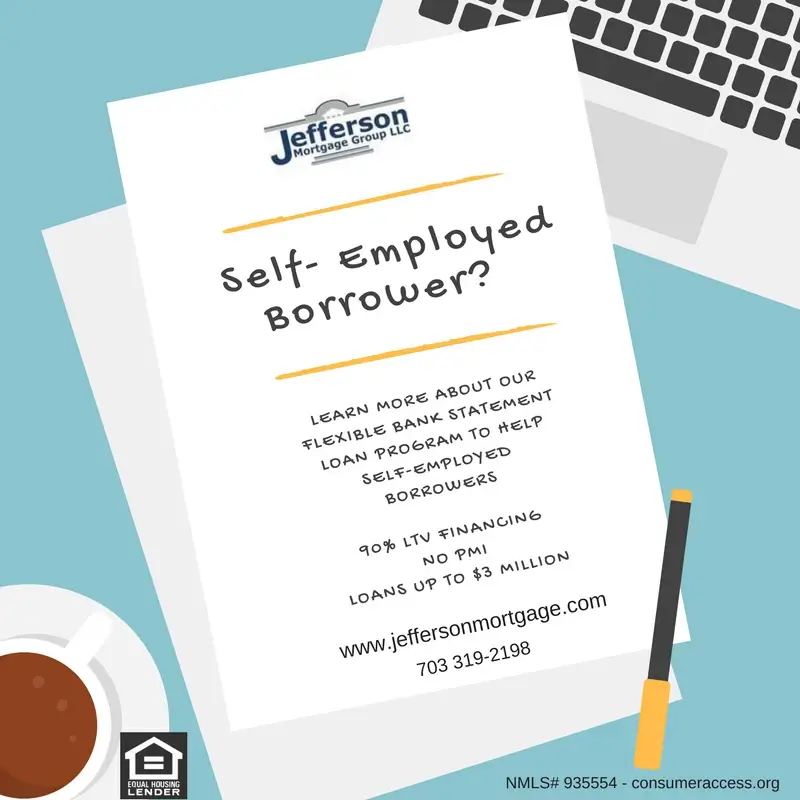

If you are a self-employed business owner or a 1099 worker qualifying for an owner-occupied loan can be difficult. You pay your accountant and after all of your expenses you either show a business loss or insufficient income to qualify. It would seem that the system is stacked against you. It may very well be but changing the dynamic and eliminating the tax return requirement and replacing it with an assessment of business cash-flow effectively can level the playing field. Bank statements record deposits. Business deposits can be isolated to the business and securely tracked over a twelve-month moving average. Expense ratios can be assigned by your accountant or based on the type of business. For example, restaurants have high staff levels and significant expenses as compared to a software developer that works out of their home. At the end of the day, using bank statements to track business cash flow and assigning a realistic expense ratio that is representative for the business type can produce an eligible loan scenario without the requirement of Federal tax returns. With self-employed borrowers, whether you are a partial business owner, full owner, or 1099 worker, this can make the difference in qualifying for a loan.
George H. Omilan
President-CEO - NMLS# 873983
Jefferson Mortgage Group LLC
Reverse Mortgage Specialists - Virginia, Maryland, Florida & Pennsylvania (Jumbo Reverse Mortgages - VA, FL & PA only)
Other Programs: Alt-A Investor loans-80% Full doc & 75% No Income-No Employment, FHA & VA with Lower Score Options, Fixed & Variable Jumbos-Traditional & Private Label Reverse, Self-Employed Bank Statement & Asset Dissipation Programs. Full range of Non QM Loans for expanded qualification.
Questions/Comments encouraged.
